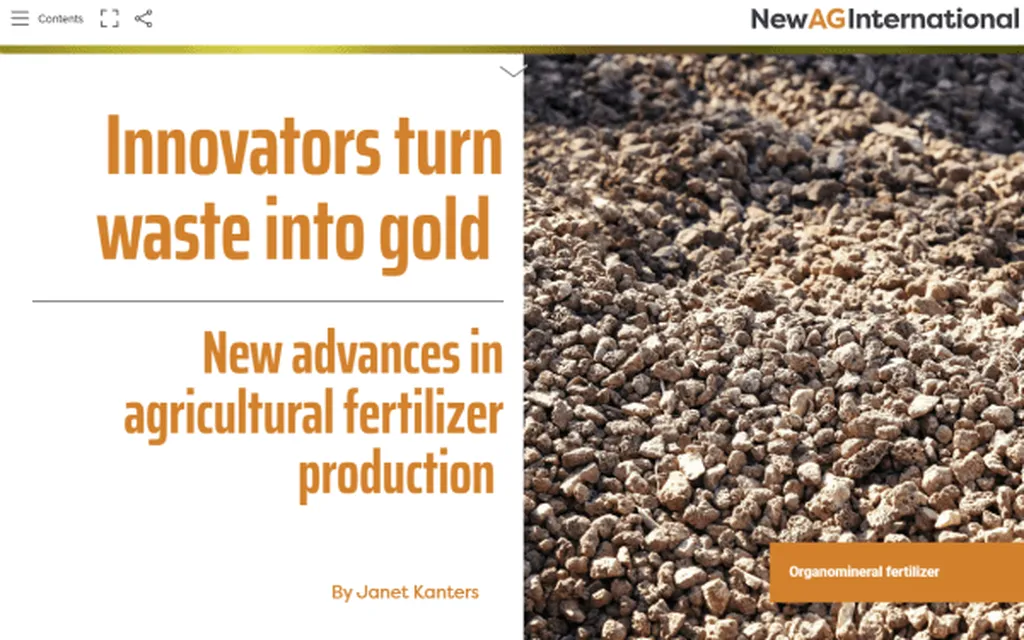In an era where sustainability is no longer a choice but a necessity, a groundbreaking study led by Saeed Bozorgmehr Nia from the Department of Civil, Construction, and Environmental Engineering at Iowa State University is paving the way for a greener future. The research, published in the journal *Cleaner and Responsible Consumption* (translated from Persian as “Consumption and Production Patterns”), delves into the innovative repurposing of industrial solid wastes (ISWs) into sustainable construction materials, offering a beacon of hope for reducing carbon footprints and fostering a circular economy.
The rapid growth of civil infrastructures has brought about an unprecedented increase in industrial solid wastes, posing significant challenges for waste disposal and environmental sustainability. Bozorgmehr Nia’s study systematically examines ISWs from various industries, including steel and metal production, silicon and ferrosilicon manufacturing, agriculture, biomass, coal combustion, construction, textile and plastic production, and renewable energy. The research highlights the critical role of effective ISW utilization in reducing greenhouse gas emissions and achieving substantial cost and resource savings.
“Utilizing industrial byproducts not only addresses ecological sustainability but also contributes to a circular economy by transforming waste into valuable raw materials,” Bozorgmehr Nia explains. The study emphasizes the potential of integrating these byproducts into the construction industry, where they can be repurposed into essential materials like concrete, asphalt, fillers, aggregates, and fibers.
One of the most compelling aspects of this research is its focus on the ISW management hierarchy and its impact on enhancing landfill disposal techniques. By repurposing ISWs, the construction industry can significantly reduce the volume of waste sent to landfills, mitigating environmental impacts and conserving natural resources.
The implications of this research are far-reaching, particularly for the energy sector. As the demand for sustainable construction materials grows, the energy sector can play a pivotal role in supplying industrial byproducts that can be transformed into eco-friendly construction materials. This not only reduces the carbon footprint of the energy sector but also opens up new revenue streams through the sale of byproducts.
Bozorgmehr Nia’s study offers original insights into the sustainable repurposing of ISWs, providing a roadmap for future developments in the field. By embracing these innovative strategies, the construction industry can move towards a more sustainable and circular future, where waste is minimized, and resources are maximized.
As the world grapples with the challenges of climate change and resource depletion, this research serves as a timely reminder of the power of innovation and the importance of collaboration across industries. By working together, we can build a future that is not only sustainable but also resilient and prosperous.

